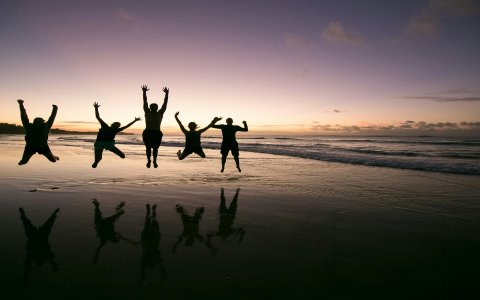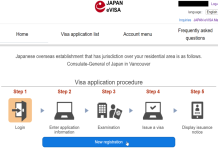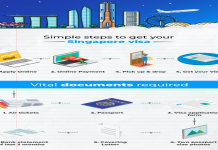Okay, let’s talk about staying safe when you book tours overseas. I’ve done my fair share of traveling, and you learn a few things, sometimes the hard way. It’s not about being scared, just about being smart. Here’s what I actually do, step-by-step, to avoid dodgy tour setups.
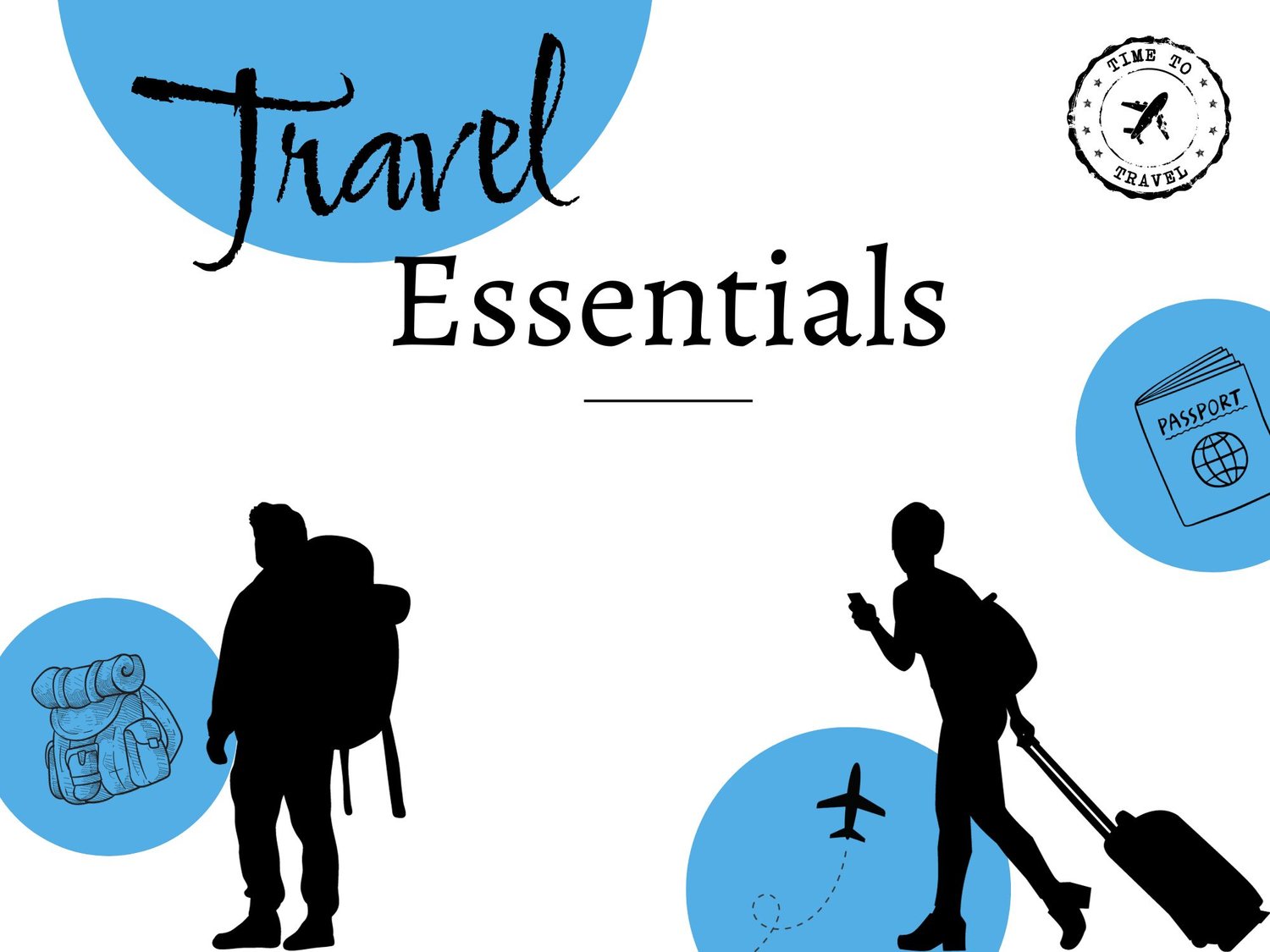
Starting Before I Even Leave Home
First thing I do, way before I pack my bags, is homework. Sounds boring, I know, but it’s saved me headaches. I figure out where I’m going, obviously. Then I check out my government’s travel advice website. Just Google it. They usually list warnings about specific areas or scams.
Next, I dive into travel forums. Not the fancy ones, the gritty ones where people just share raw stories. I search for the place I’m going plus terms like “tour scam,” “unsafe tour,” or “bad experience.” You see what went wrong for others. Also look for “good tour company” or “recommended guide.” It gives you names to look for, or avoid.
I try to understand what kinds of tours are common there. Adventure stuff? City walks? Are there known issues, like rigged gem shops they force you into, or boat tours with zero safety gear? Knowing the local traps helps a lot.
Picking the Right Tour Operator
This is where you gotta be careful. It’s easy to get sucked in.
- Don’t book on the street. Seriously. Those guys chasing you down near tourist spots offering super cheap deals? Big red flag for me. I just politely say no and walk away. Same goes for super cheap deals pushed hard online with no real company info.
- Look for real businesses. If I’m booking when I arrive, I prefer finding a company with an actual office, not just a guy with a sign. If booking online, I look for companies that have been around a while. How do I know? I check their ‘About Us’ page, look for mentions on different travel sites over several years.
- Read reviews, but be smart about it. Reviews on the company’s own website? Okay, maybe. But I trust independent sites more, like TripAdvisor, Google Maps, maybe some big travel blogs. I always read the bad reviews. Why were people unhappy? Was it a real safety issue, like a broken-down bus or drunk guide? Or just that the lunch was bad? Big difference. Lots of recent, vague 5-star reviews can also be suspicious.
- Ask them stuff. Before I hand over any money, I shoot them an email or find a contact number. I ask about group size, exactly what’s included, safety gear (like life jackets on boats – do they have enough? For kids too?), and what happens if something goes wrong. If they’re vague or don’t answer, I usually move on.
- Compare prices logically. One tour costing half of all the others? I get suspicious. How are they cutting costs? Often, it’s safety – old vehicles, untrained guides, no insurance. I learned that paying a little bit more for a reputable company is usually worth it.
- Word-of-mouth is gold. My favorite way? Ask other travelers I meet at my hostel or hotel who just did a tour. “Hey, how was that trip to X? Who did you go with?” Real-time feedback from someone you can talk to is often the best.
What I Do During the Actual Tour
Okay, so I booked something that feels right. But I don’t switch off my brain.
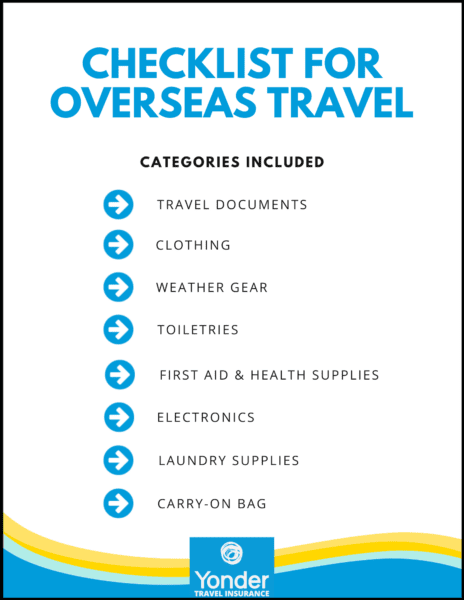
First look matters. When the van or boat shows up, I take a quick look. Does it look like it might fall apart? Bald tires? Cracks? What about the gear they give you – life vests, helmets? Do they look usable or rotten?
Safety briefing? Did they give one? Did they seem to mean it, or just rush through? If they skip it or laugh it off, especially for adventure stuff, I get uneasy.
Watch the guide. Are they paying attention to the group? Do they seem professional? Do they know what they’re doing? Are they messing around on their phone the whole time? Crucially, are they sober and alert?
Trust that feeling in my stomach. If something feels wrong – like the driver is going way too fast, or the boat is dangerously overcrowded – I speak up. Ask the guide about it. If it feels really unsafe, and I can, I sometimes just leave the tour. It’s happened. Better safe than sorry.
No pressure buys. If the tour involves forced shopping stops where they hassle you hard to buy stuff, I just stand my ground. A firm “No, thank you” usually works. Don’t get drawn into arguments.

Keep my stuff safe. Just because I’m on a tour doesn’t mean I let my guard down about my wallet or phone. Same basic travel smarts apply.
After the Tour
If a tour was great, or especially if it was unsafe, I try to leave an honest review online on one of those independent sites I mentioned. Helps the next person. Be specific. “The driver was reckless” is more useful than “It was bad.”
That’s pretty much my process. It’s not foolproof, nothing is. But doing this homework and staying aware has helped me avoid some potentially nasty situations and enjoy my trips more. Takes a bit of effort, but worth it for peace of mind.

